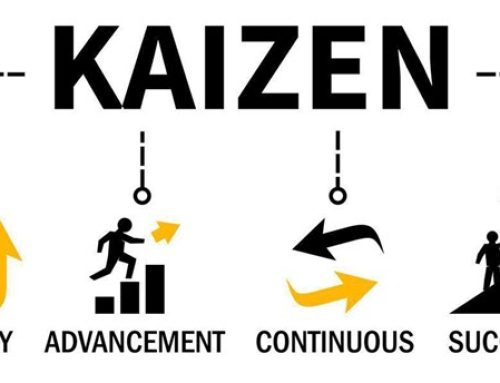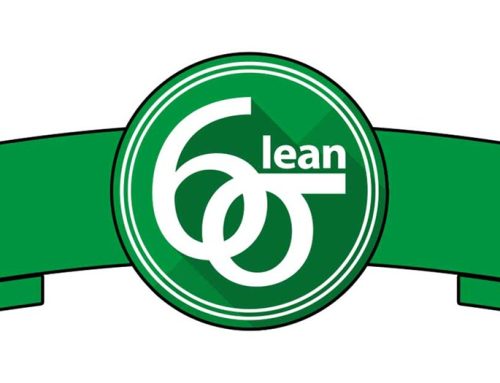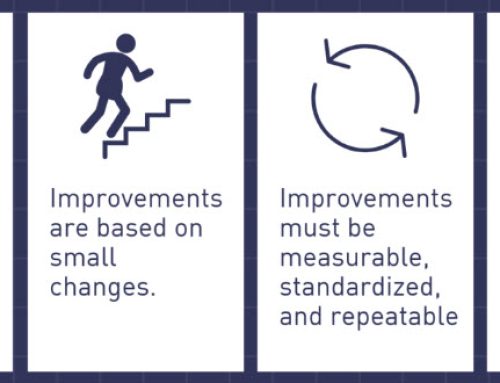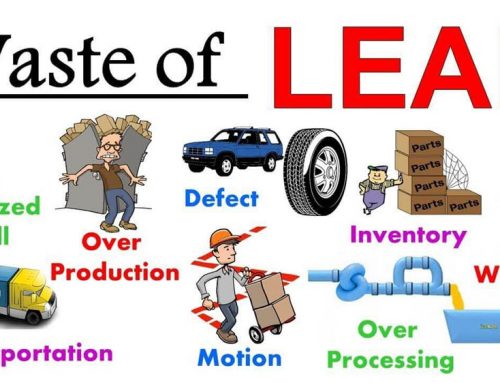Just-in-time manufacturing is the manufacturing tool in which products are made according to customer’s demands, for example, when they need it, in what quantity and the quality parameters etc. it is also recognized as “pull production system” as the production is triggered by the arrival of an order.
It was first derived by Toyota motor company in Japan in 1970s, when their shares started to diminish in the automobile industry and they successfully implemented Just in time manufacturing.
It is a management system for inventory control. As the goods are manufactured exactly when they are needed thus it keeps the inventory levels low resulting in cost reduction. In contrary, production prior to customer order might result in over production and thus it requires large space for storage as well as raw material expenses which might result in a loss if customer has different requirements than the one produced earlier.
However, the implementation of just in time manufacturing might be critical and requires proper scheduling and flow of assets. Lower inventory levels are easy to handle as the problems that may arise are detected and solved easily in contrast to higher inventory levels. In addition to this, products manufactured are exactly according to customer’s demands which results in customer’s satisfaction.
Objectives of Just in Time Manufacturing
- To keep inventory levels low.
- To improve quality of products.
- To reduce cost of raw materials.
- To minimize waste production.
- To minimize overproduction.
Advantages of Just in Time Manufacturing
The implementation of just in time manufacturing is very advantageous for the company such as
Halt overproduction
The major advantage of just in time manufacturing is that it stops overproduction. When the goods are produced just at the time of order and in the required quantity, it results in no overproduction. In case of overproduction the stock has to be stored in a storage facility that may require transport to the storage area from production. This requires involvement of staff as well as time and other resources like electricity, security etc. So by running just in time manufacturing, all these issues can be avoided.
Less waste production
The basic function of JIT is to reduce waste production. As the products are manufactured only in required quantity and inventory levels are low, this results in lesser number of unused or useless products.
Improved flow of goods
Just in time manufacturing results in less or no overproduction and products manufactured are utilized in the similar timescale. Consequently there is an improved flow of goods in the organization which is very beneficial for the company’s image and reputation as well.
Low inventory levels
The concept of JIT is to keep the inventory levels low as the vendor does not have to purchase and store too much stock. Low inventory levels are very advantageous for the company’s reputation. It also cut down inventory costs and expenses.
Cost reduction
JIT manufacturing aims to produce products in required quantity only which results in low inventory level and less waste production and eventually reduce overall cost and expenses of production. Thus it is more profitable for the organization.
Meet customer’s requirements
Products manufactured exactly according to customer’s requirements results in better quality and ultimately results in customer’s satisfaction and builds up more trust. JIT manufacturing helps to cope up with the changing trends and demands of the market.
Skilled workers
For just in time manufacturing the workers have to be skilled enough to carryout the production process effectively. It requires proper training and counseling of the workers on how to handle all the tasks. The workers should be competent enough to carry out functions other than those assigned to them as and when required.
Pleasant customer and supplier relationship
In old manufacturing principles customers had all the powers and the supplier had to work on their orders. Whereas, in JIT customer and supplier have equal rights and they are inter-dependant on each other. This forms a positive relation between the supplier and customer and the results are better ultimately.
In a nutshell, just in time manufacturing is one of the lean management tools, the purpose of which is to improve quality of products which makes a company superior to its competitors.






